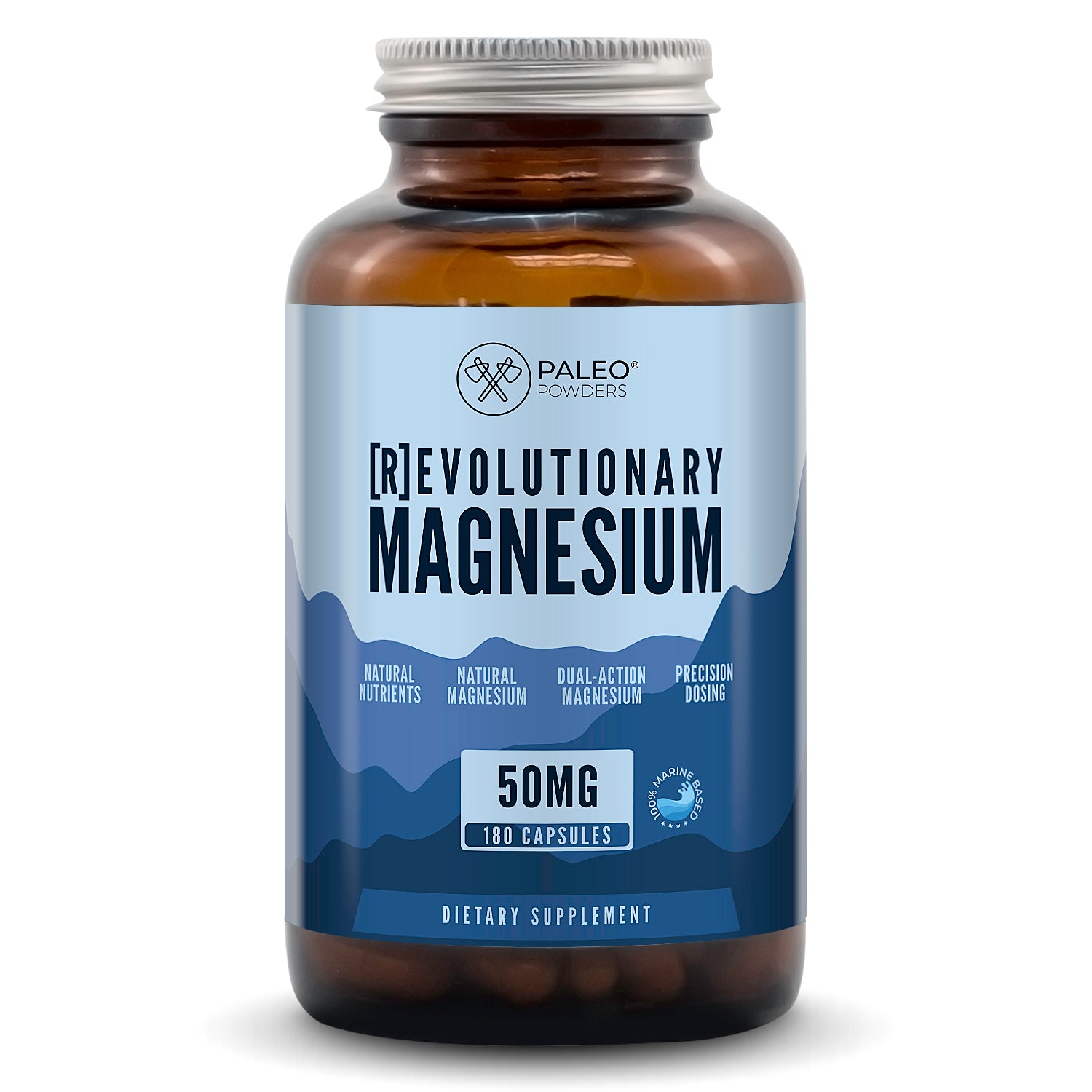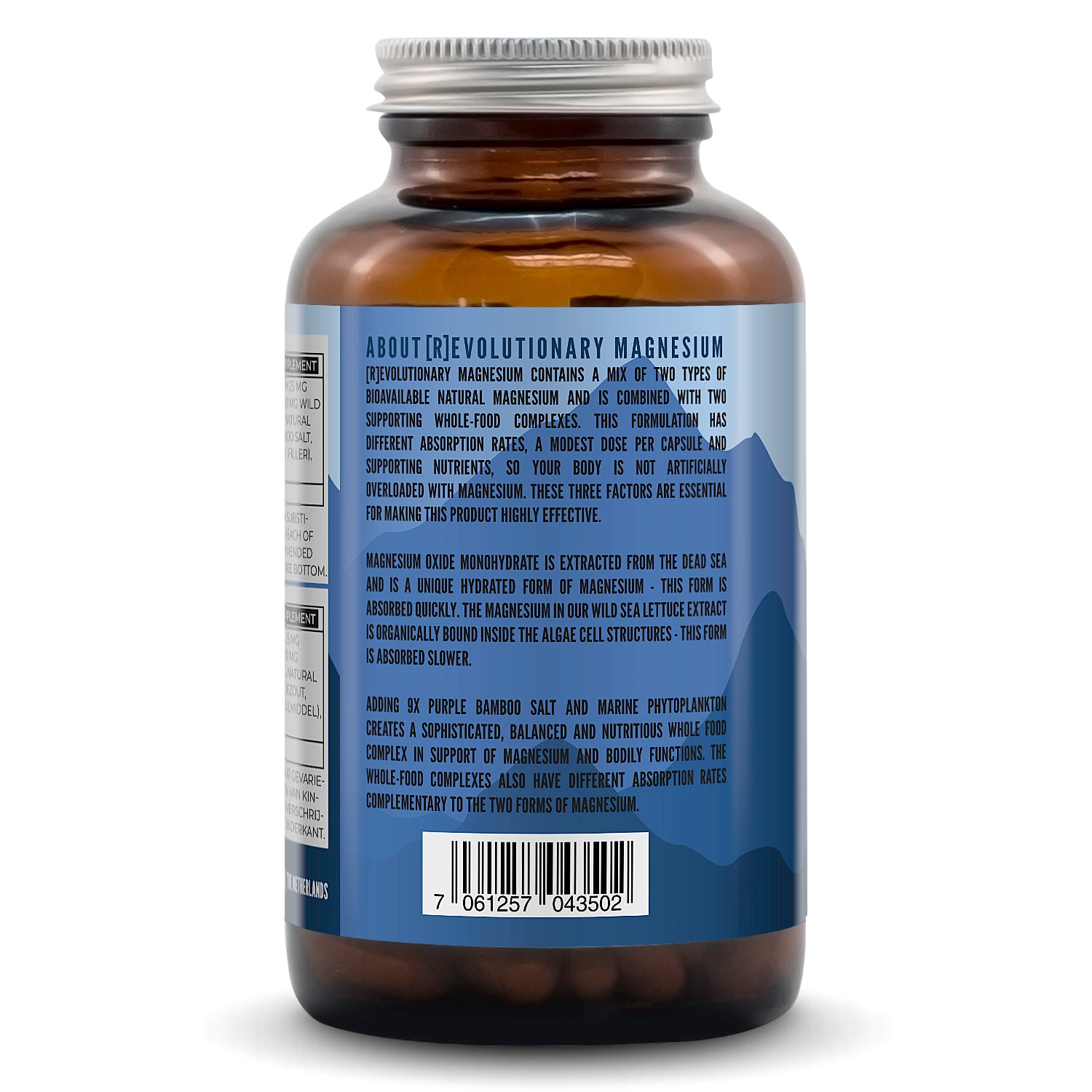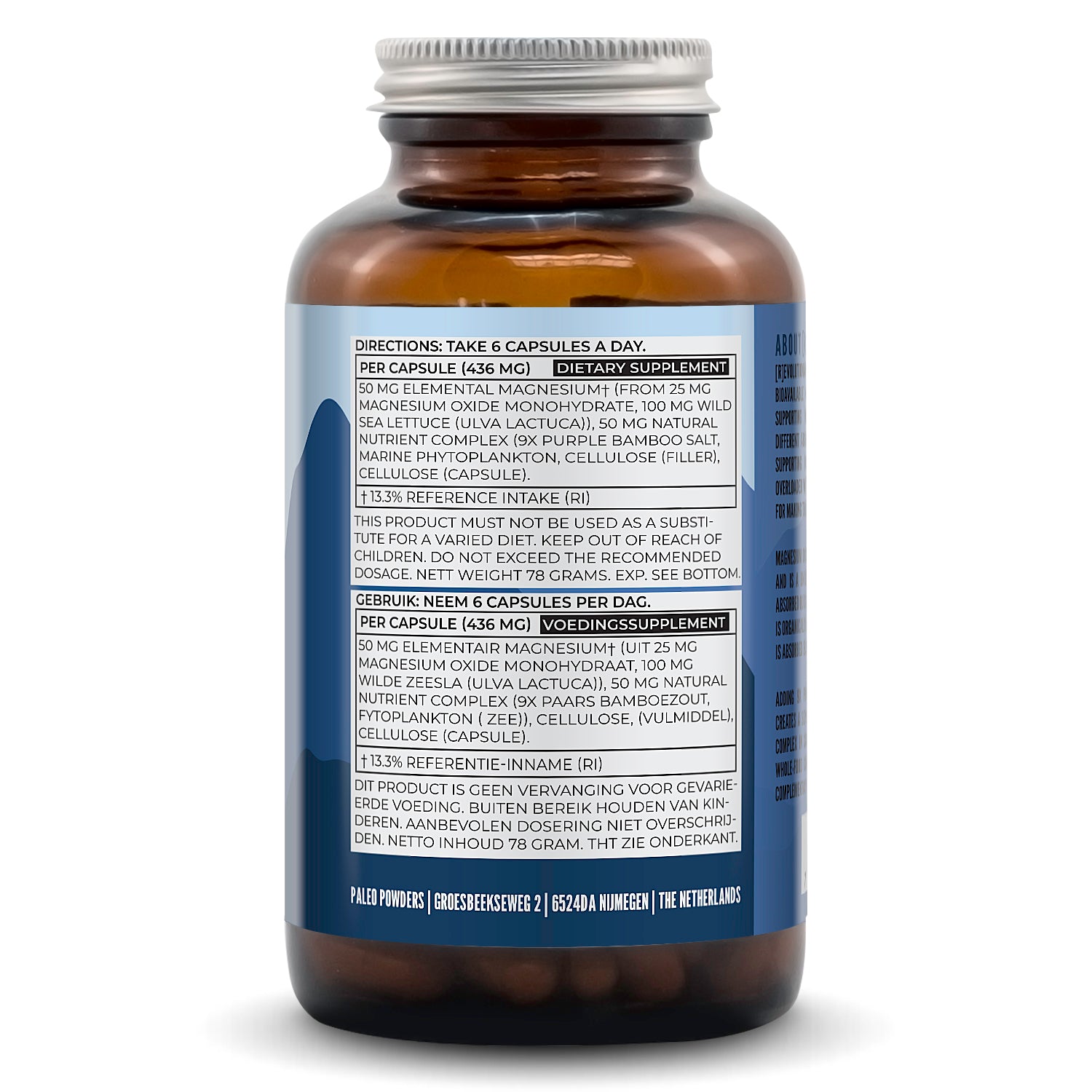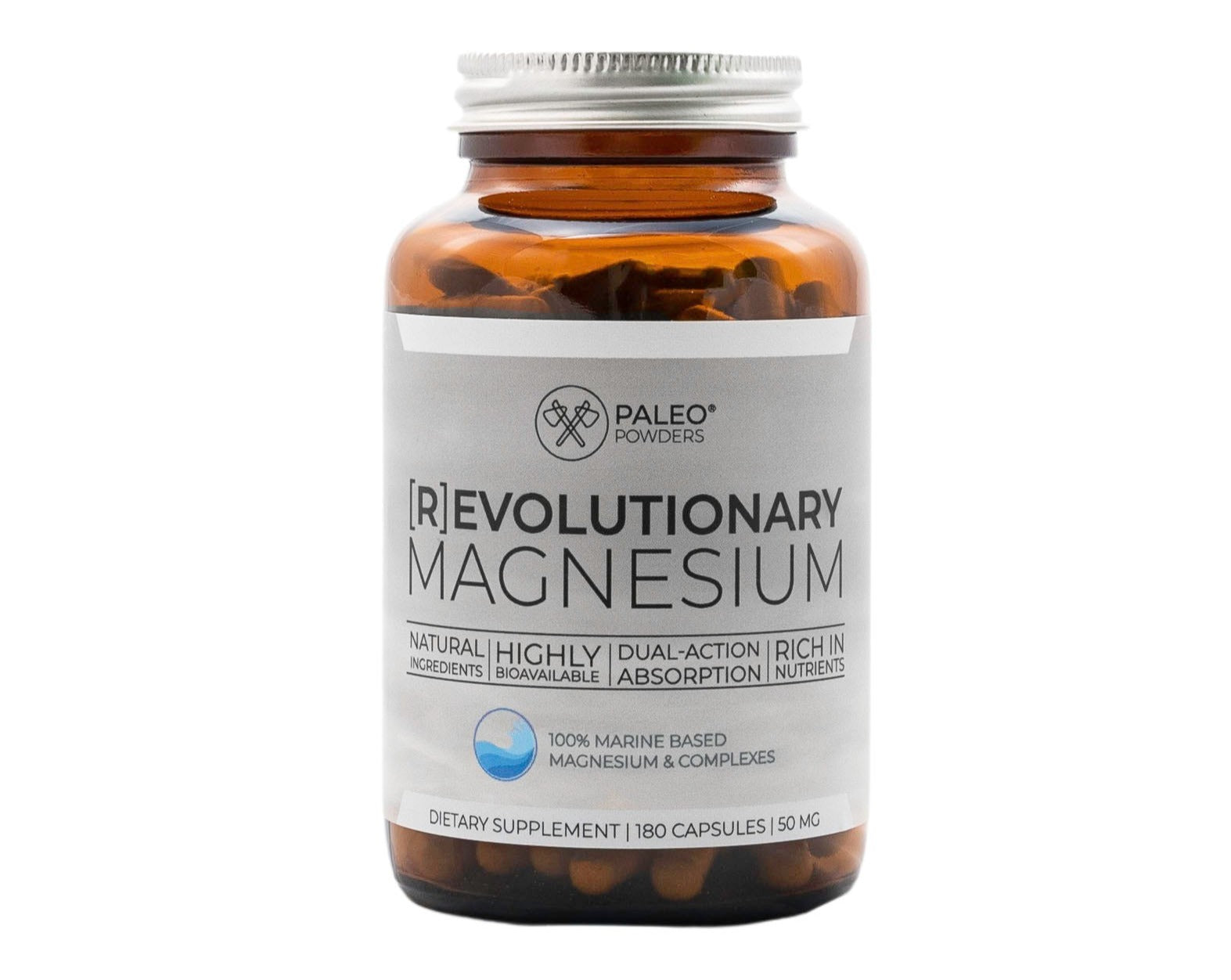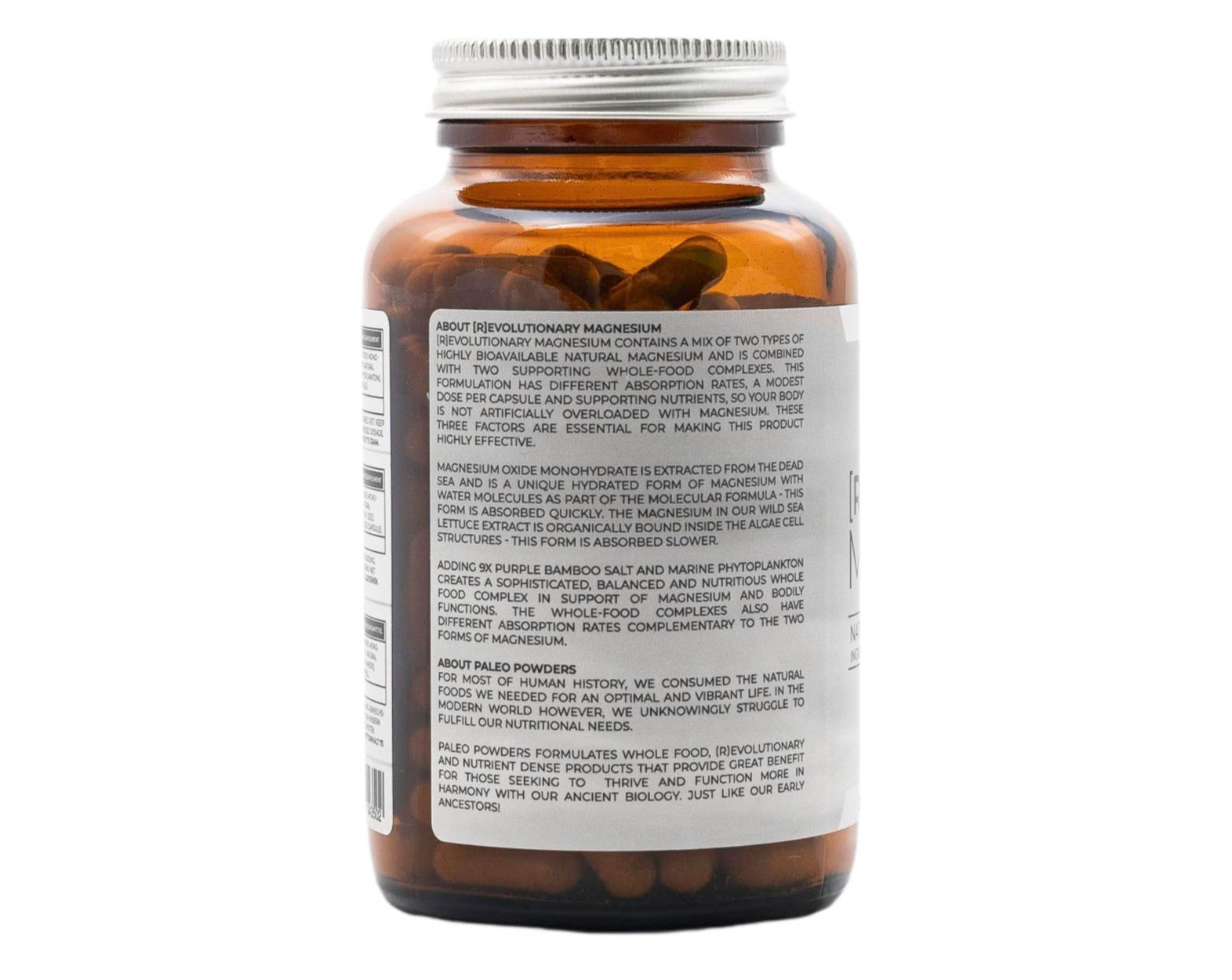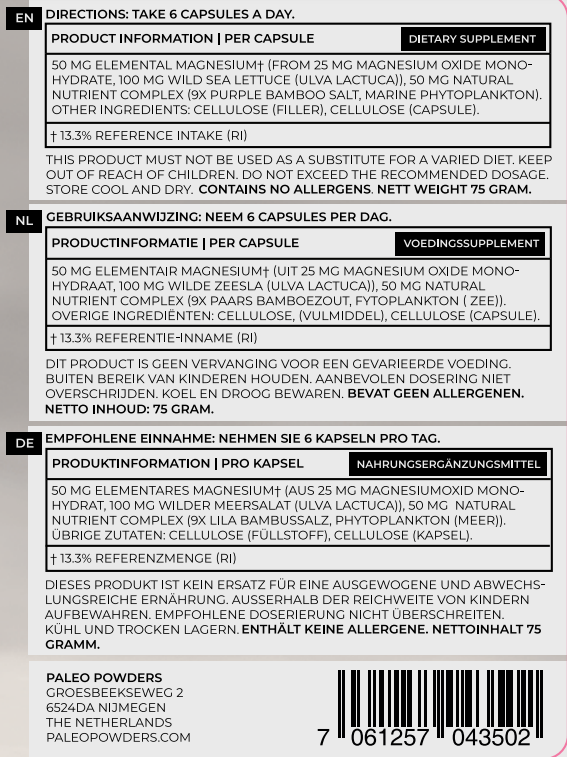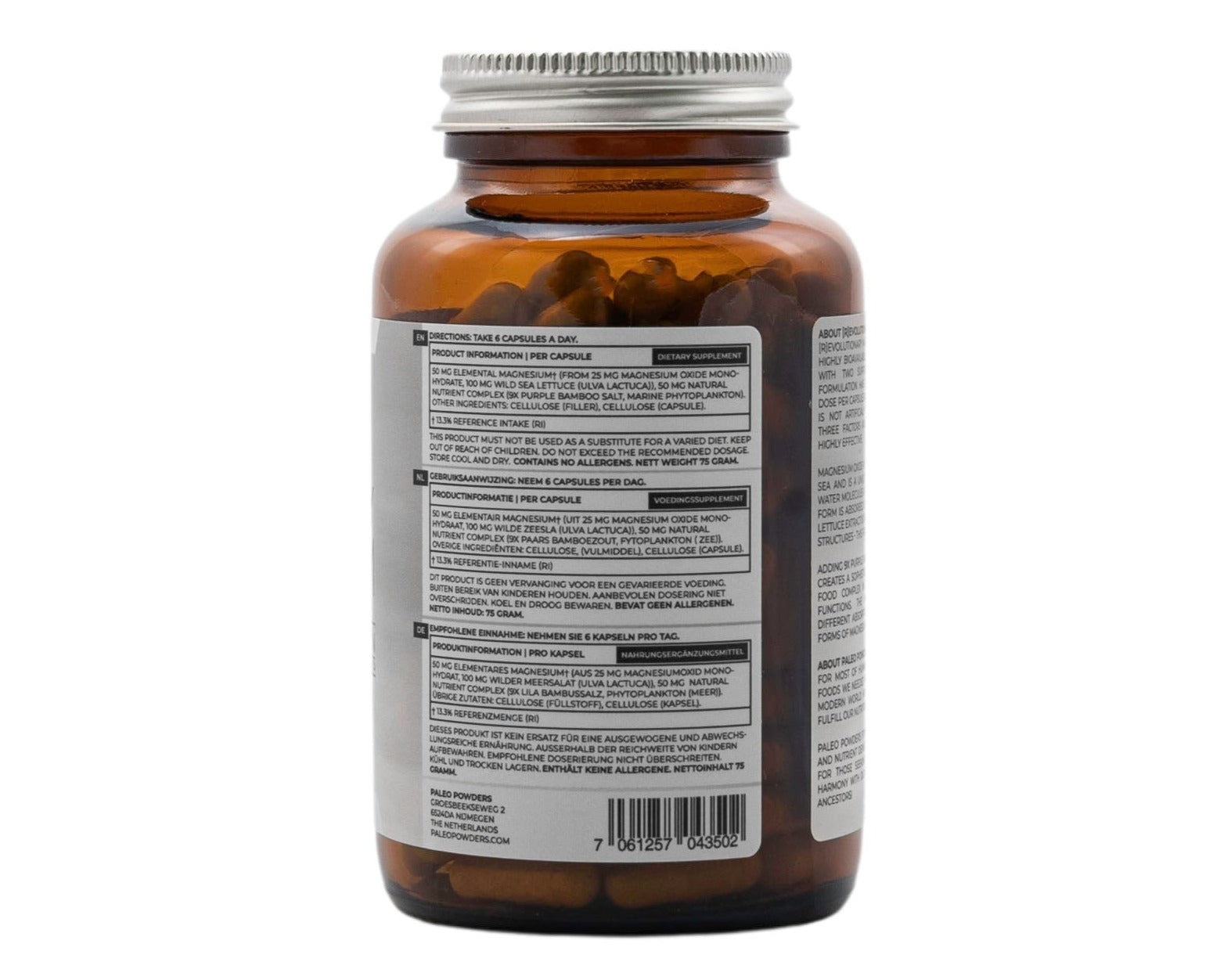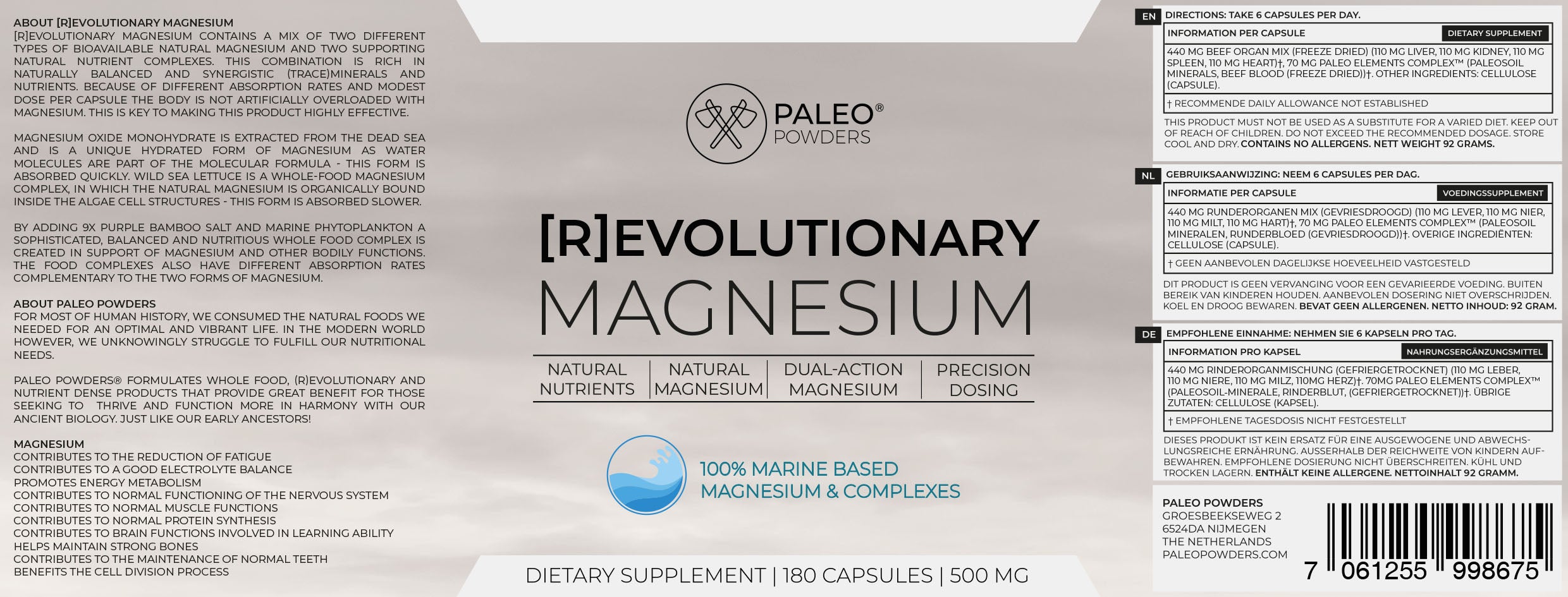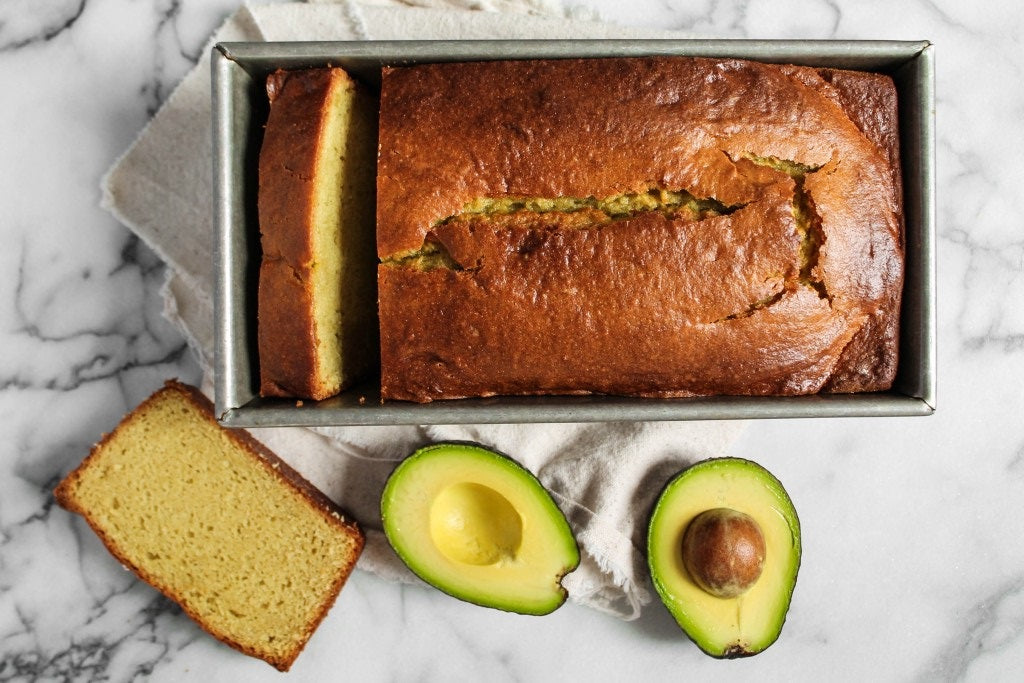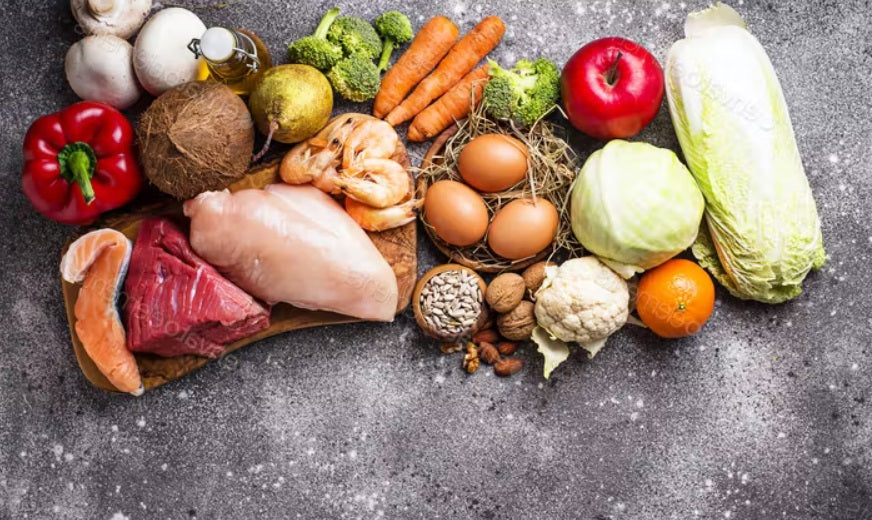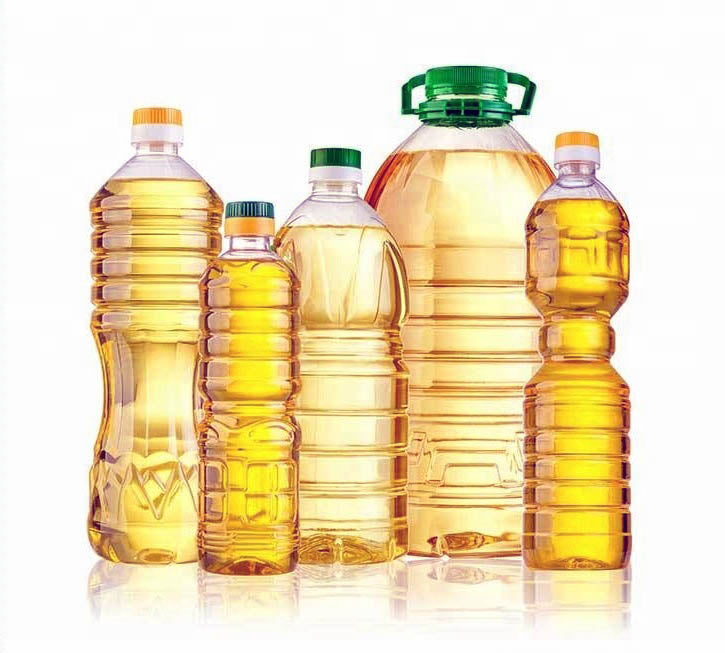
Which oil should you absolutely avoid?
The information about the use of oil and fats is very confusing. On the one hand, you have sources such as the Nutrition Center that say that polyunsaturated fats (the main fats in vegetable oils) are good for your heart.
We are personally absolutely not in favor of vegetable oils
Vegetable oil often comes from nuts, fruits, seeds and grains. When it was introduced, it was a logical step to replace animal fats with vegetable oils. It was cheaper and easier to store and it had a neutral taste.
The biggest problem with the vegetable oils is that they contain a lot of linoleic acid, an unhealthy omega-6 polyunsaturated fatty acid. It is healthy to have a natural ratio of omega-6 fatty acids. Research shows that people need a 1:1 ratio of omega-3 & omega-6 for optimal health.
However, our typical Western diet has a more 20:1 ratio of omega-6 acids to omega-3, putting it at a higher risk of inflammation. Linoleic acid in particular is particularly harmful to the body.
The reaction that linoleic acid causes is due to oxidation when exposed to high temperatures. Frying oil reacts with oxygen and oxidizes, creating chemical compounds that are harmful to your health.
Avoid these sources of oil
Many people eat vegetable oil without realizing it. Dressing, margarine, but also chips, cookies, sauces and pestos are made with cheap oil.
Safflower oil
Safflower oil is without a doubt one of the worst vegetable oils you can eat, a whopping 70% consists of linoleic acid and it contains virtually no nutrients.
sunflower oil
The average sunflower oil contains a linoleic acid percentage of more than 60%. In addition, it is often used in the catering industry and especially for deep frying, which is particularly harmful.
Soya oil
Soy oil is cheap and that is why it is widely used. Unfortunately, it is also very harmful and contains approximately 55-60% linoleic acid. Soy oil is often also made with GMO soy.
Canola or rapeseed oil
Rapeseed oil often comes from GMO crops and is very high in linoleic acid
Be sure to also avoid any labels that say "Vegetable Oil" as this could be a mixture of any of the above oils.
Healthy alternatives to vegetable oil
The food you eat should nourish your body and help it thrive, just like the supplements we formulate! Avoid the above seven vegetable oils when you cook and instead opt for healthier alternatives like ghee, avocado oil, coconut oil, MCT oil and olive oil.
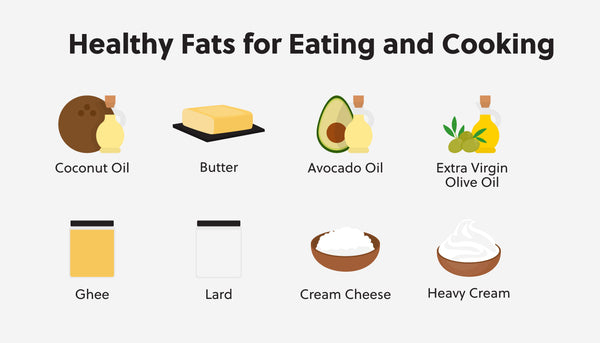
You don't have to eat these oils directly to experience the benefits. For example, add a few teaspoons of MCT oil to your smoothie, shake or coffee to start your day! No matter how you use them, avocado oil and olive oil are high in monounsaturated fats and are delicious as a dressing. MCT stands for medium-chain triglycerides.
Living a healthy lifestyle doesn't mean you have to avoid fats. It means choosing healthy fats over unhealthy fats. Your body will thank you for it.


